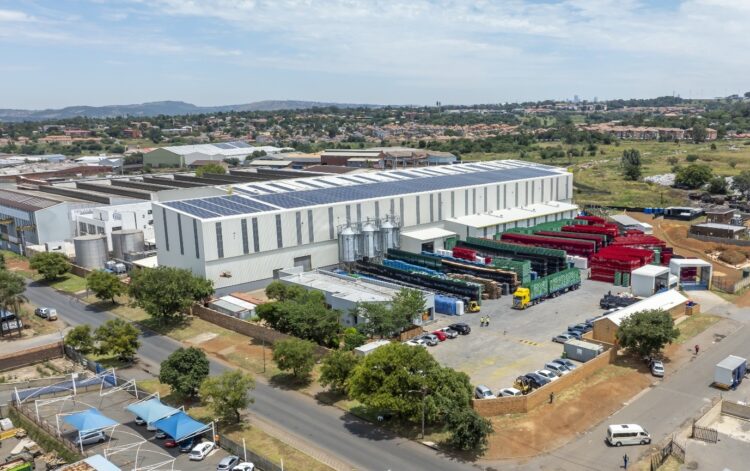
A legal confrontation is taking place in South Africa with KAP Industrial, the parent organization of Safripol, accusing the petrochemical powerhouse Sasol of monopolistic conduct in the ethylene supply chain. Safripol, which stands as the country’s largest plastics producer, has brought the matter before South Africa’s Competition Commission, requesting an inquiry into Sasol’s operations in relation to the Competition Act. The grievance, dated July 2, highlights the possible market distortion caused by Sasol’s position as the only ethylene supplier in the nation. This status has historical connections tracing back to the Apartheid era when sanctions led to the enhancement of Sasol’s coal-to-chemicals technology.
The impact of the plastics sector in South Africa is substantial, contributing $4.5 billion to the country’s GDP in 2022, as reported by the World Economic Forum. However, Safripol contends that depending on Sasol for ethylene feedstock subjects them to considerable supply vulnerabilities, a worry they expressed prior to this legal action. Sasol’s Secunda plant, a critical part of South Africa’s petrochemical industry, exemplifies the company’s reach, producing large quantities of liquid fuels and polymers for domestic and export markets.
Even with the advantages of a local supply, such as logistical convenience for South African plastics manufacturers, there is a continuing dispute over the cost and competitive feasibility of Sasol’s pricing model. In a prior tribunal, local manufacturers raised alarms about their inability to compete with lower-priced imports attributable to Sasol’s pricing, leading to the reintroduction of import tariffs on plastic pellets to shield against market disruptions.
The lawsuit poses questions about market mechanisms and competition, with views varying on the motivations behind KAP’s legal move. Some, including environmentalist Shamiso Mupara, claim that Safripol’s lawsuit could be more about self-interest than genuine concern, pointing to its history of tariff requests to limit Chinese imports. Roderick Crompton, an experienced energy analyst, indicates that the case represents a larger conflict over profit distribution within the chemicals-to-polymers value chain.
As the legal proceedings get underway, the results could redefine the competitive and economic landscape of South Africa’s plastics and petrochemical industries. Sasol, choosing not to comment on the matter, remains pivotal in discussions surrounding competition, market structure, and future investments in local ethylene production.